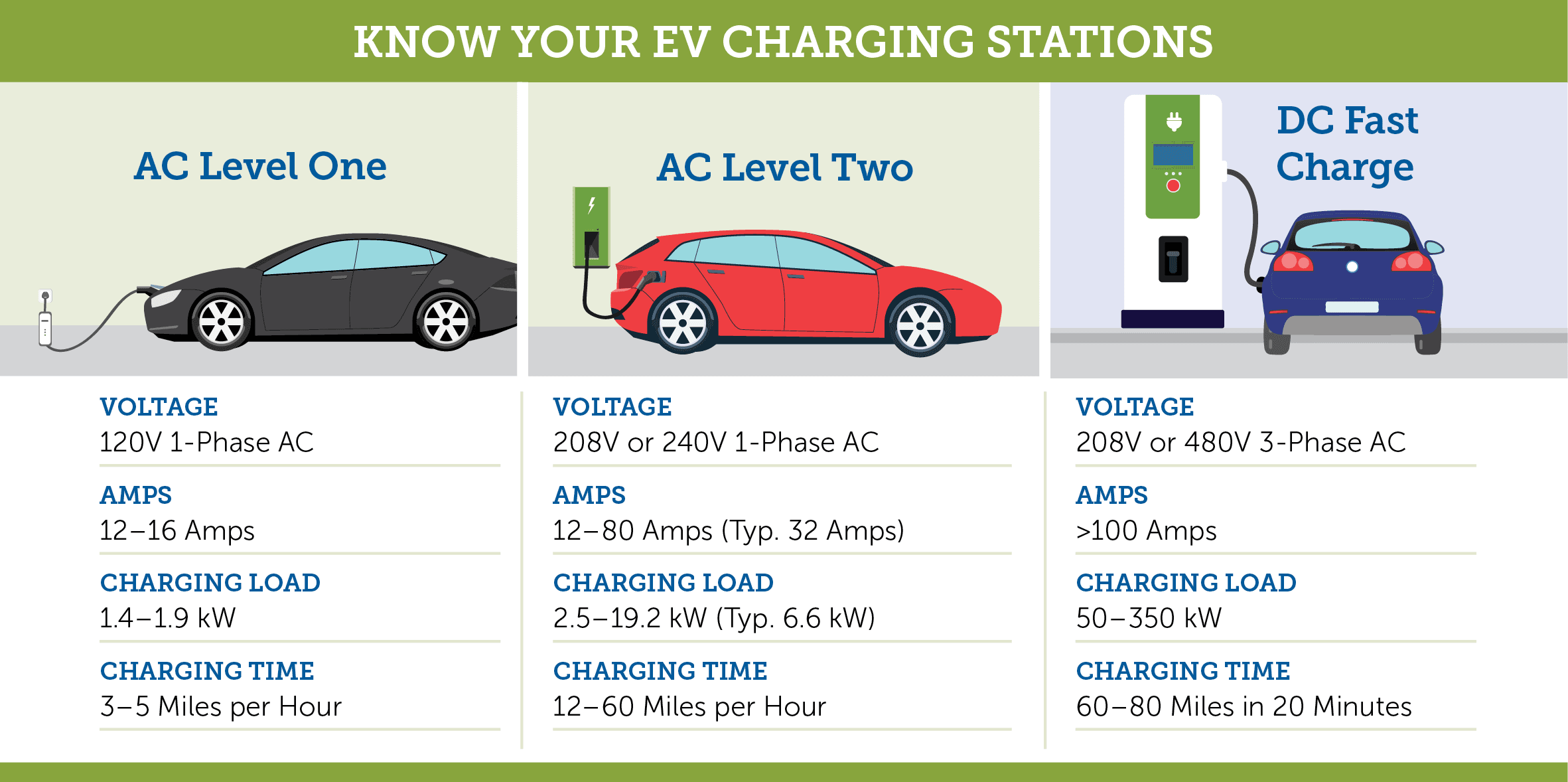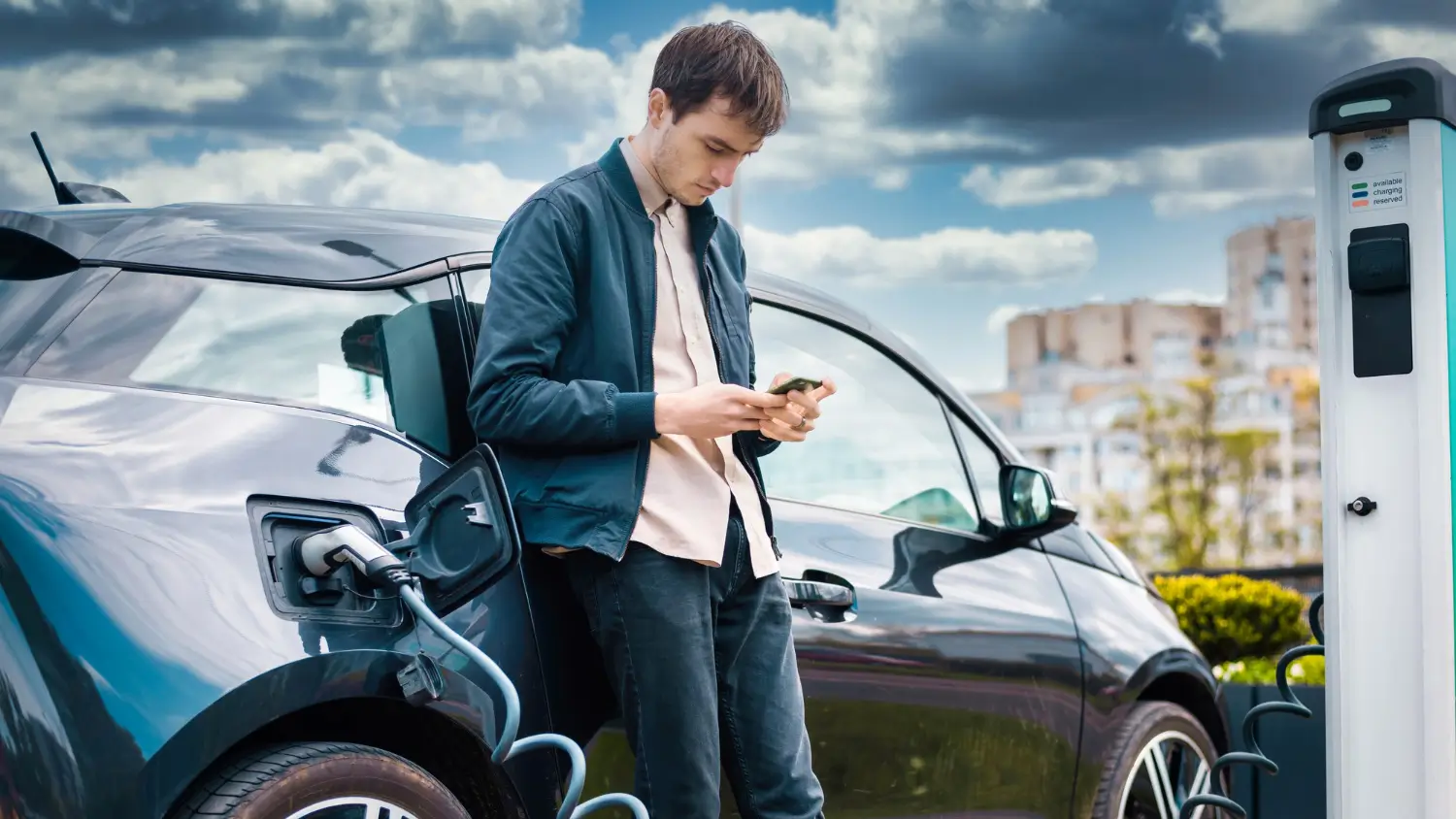Electric or Gas? What Every Driver Should Know Before Choosing Their Next Car

Choosing between an electric and a gas car is a big decision, and it’s essential to understand the differences to make the best choice for your needs. With technology rapidly advancing, the debate around electric vs gas cars has become more relevant than ever. Below, we’ll delve into everything you need to know, comparing electric vs gas cars on factors like cost, environmental impact, convenience, and performance. This comprehensive guide will help you make an informed choice for your next vehicle.
Electric vs Gas Cars
Before diving into specifics, let’s clarify the basic differences between electric vs gas cars. Traditional gas-powered cars use an internal combustion engine, powered by gasoline or diesel fuel, to generate power. In contrast, electric cars are powered by electric motors that run on battery-stored electricity, which can be recharged via a power outlet or a dedicated charging station.
Pros and Cons at a Glance
Gas Cars
Known for their range and ease of refueling, but they produce emissions and contribute to air pollution.
Electric Cars
Emission-free and often quieter, but may come with concerns about battery life and charging infrastructure.
Understanding these core differences is the first step in making an informed choice between electric vs gas cars.
Cost Analysis
The cost of ownership is a key factor when comparing electric vs gas cars.
Upfront Cost
Electric cars generally come with a higher initial price tag, mostly due to the cost of batteries and advanced technology. However, prices are gradually dropping as technology improves and becomes more widespread. Gas cars, on the other hand, usually have a lower upfront cost, making them initially more affordable.
Maintenance and Operating Costs
Electric cars typically require less maintenance. They lack the complex machinery of a gas engine, meaning fewer moving parts and less need for frequent servicing. Gas cars, by comparison, need regular oil changes, transmission maintenance, and repairs for wear and tear on mechanical parts. Over time, the cost savings on maintenance can make electric cars more appealing.
Fuel vs Electricity Costs
One of the most significant ongoing expenses for any car is fueling or charging. In many regions, electricity is cheaper than gasoline, making electric cars more economical in terms of fuel. Charging at home or at a public station generally costs less than filling up a gas tank. The exact savings, however, will depend on local fuel and electricity prices.
When considering cost, it’s important to weigh the long-term expenses in your decision between electric vs gas cars.
Environmental Impact
Environmental concerns are a major reason many drivers consider electric cars over gas-powered vehicles.
Emissions
Electric cars produce zero emissions at the tailpipe. This means that they do not contribute to air pollution or emit carbon dioxide while being driven. Gas cars, in contrast, release carbon dioxide and other pollutants, contributing to air quality issues and climate change.
Battery and Resource Concerns
However, electric vs gas cars is not entirely one-sided in terms of environmental impact. The batteries used in electric cars rely on minerals like lithium and cobalt, which are energy-intensive to mine. The production and disposal of these batteries also have environmental implications. Nonetheless, many companies are working to develop recycling methods and more sustainable battery technologies to minimize this impact.
In most cases, electric cars are still a better choice for environmentally conscious drivers, as they offer a significant reduction in greenhouse gas emissions over the car’s lifetime.
Range and Refueling
When it comes to range and refueling, electric vs gas cars present some important trade-offs.
Driving Range
One of the biggest challenges with electric cars has historically been their range. While many electric cars today can achieve over 250 miles on a single charge, gas cars often provide more range, with many models capable of 400-500 miles per tank. This makes gas cars a preferred choice for those who often travel long distances.
Refueling and Charging Infrastructure
Refueling a gas car is quick and convenient, with gas stations widely available in most places. Charging an electric car, however, takes more time. While fast-charging stations are becoming more common, fully charging a vehicle can still take anywhere from 30 minutes to several hours, depending on the charger. For some, this might mean planning trips around available charging points, which can be a downside.
When it comes to range and convenience, gas cars currently have an edge, although the gap is closing as more charging stations are installed and battery technology improves.
Performance
The performance of electric vs gas cars can be surprising for drivers who are new to electric vehicles.
Acceleration and Torque
Electric cars are known for their instant torque, which provides quick acceleration and a smooth driving experience. This is because electric motors can deliver maximum torque immediately, unlike gas engines that need to build up RPMs. Many drivers find electric cars more enjoyable to drive due to this smooth and responsive performance.
Handling and Weight
Electric cars are typically heavier than gas cars due to their battery packs. This extra weight can impact handling, but electric vehicles often have a low center of gravity, which can help improve stability. Gas cars, especially sports-oriented models, are often designed to provide agile handling, which may appeal to driving enthusiasts.
Both electric and gas cars can offer enjoyable driving experiences, but electric cars may appeal more to those who prioritize quick acceleration and a quieter ride.
Availability and Options
The variety of available models is also an important factor when choosing between electric vs gas cars.
Gas Car Options
Gas cars have been the standard for over a century, so there’s a huge range of models to choose from, covering every price range, style, and performance preference. You’ll find everything from compact economy cars to high-end luxury sedans and powerful trucks.
Electric Car Options

The electric vehicle market has grown rapidly in recent years, and there are now more models than ever before. While electric cars used to be limited to smaller sedans, you can now find electric SUVs, trucks, and even luxury models. However, the variety in electric vehicles is still somewhat limited compared to gas cars, especially in certain regions.
As electric vehicles continue to evolve, we can expect more options to be available, giving drivers more choices when it comes to electric vs gas cars.
Long-Term Considerations
Thinking long-term is essential when choosing between electric vs gas cars, as the automotive industry is evolving quickly.
Resale Value
As electric cars become more mainstream, their resale value is starting to stabilize, though it can still be influenced by factors like battery degradation and technology improvements. Gas cars, in comparison, generally have a more predictable depreciation rate, though the value can be affected by fluctuations in fuel prices.
Future Regulations
Environmental regulations are also affecting the future of gas cars. Many regions are planning to phase out gas cars in the coming decades, with some countries aiming to ban the sale of new gas-powered vehicles entirely. This shift could impact the future value and utility of gas cars, making electric cars a potentially more future-proof choice.
Considering these long-term factors can be a wise part of the decision-making process for anyone choosing between electric vs gas cars.
Which Should You Choose?
Ultimately, the decision between electric vs gas cars depends on your unique needs and priorities. If you prioritize low emissions, low maintenance costs, and are ready to adapt to a growing charging infrastructure, an electric car might be the right fit for you. However, if you prefer longer driving ranges, quick refueling, and lower upfront costs, a gas car could be a better option.




